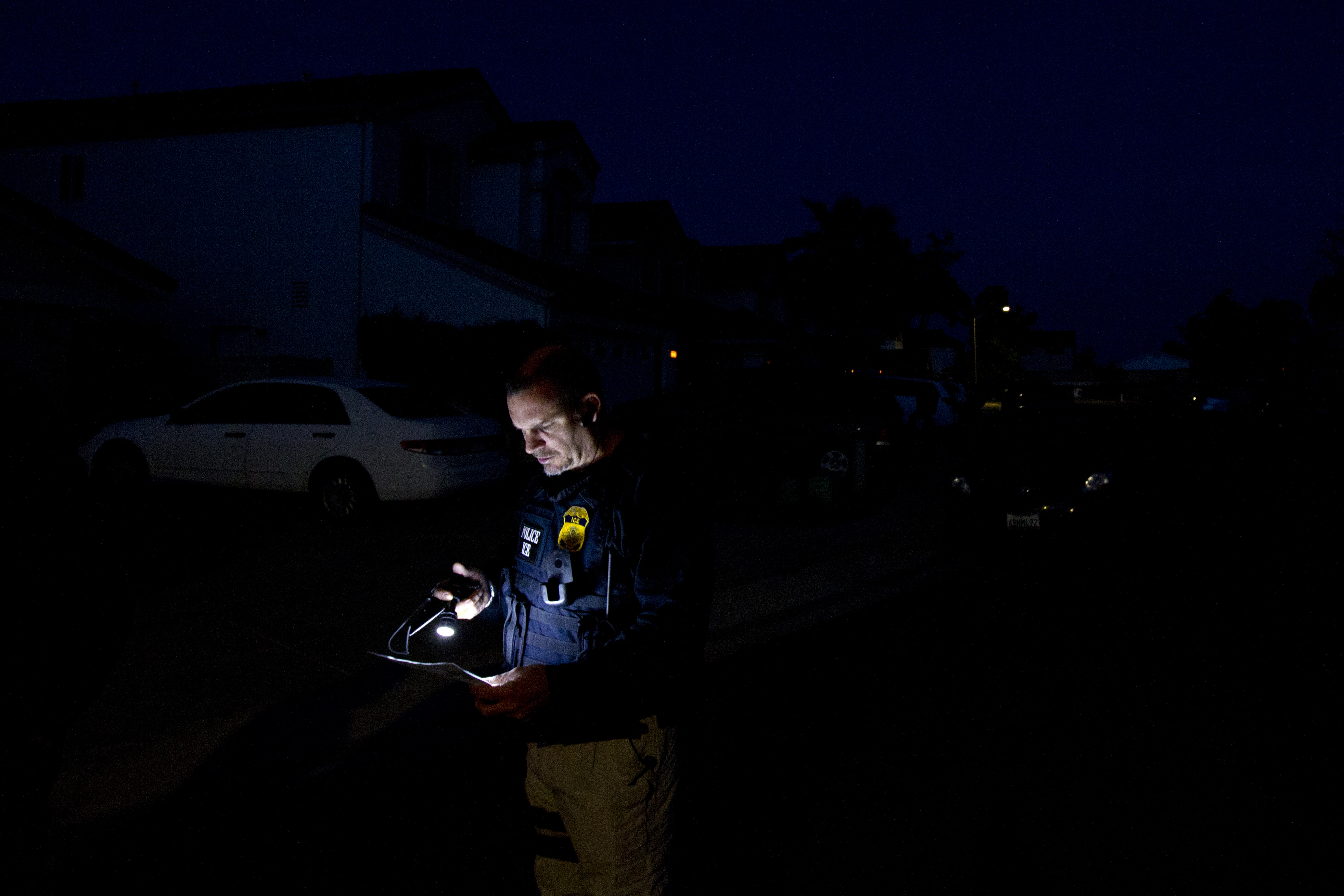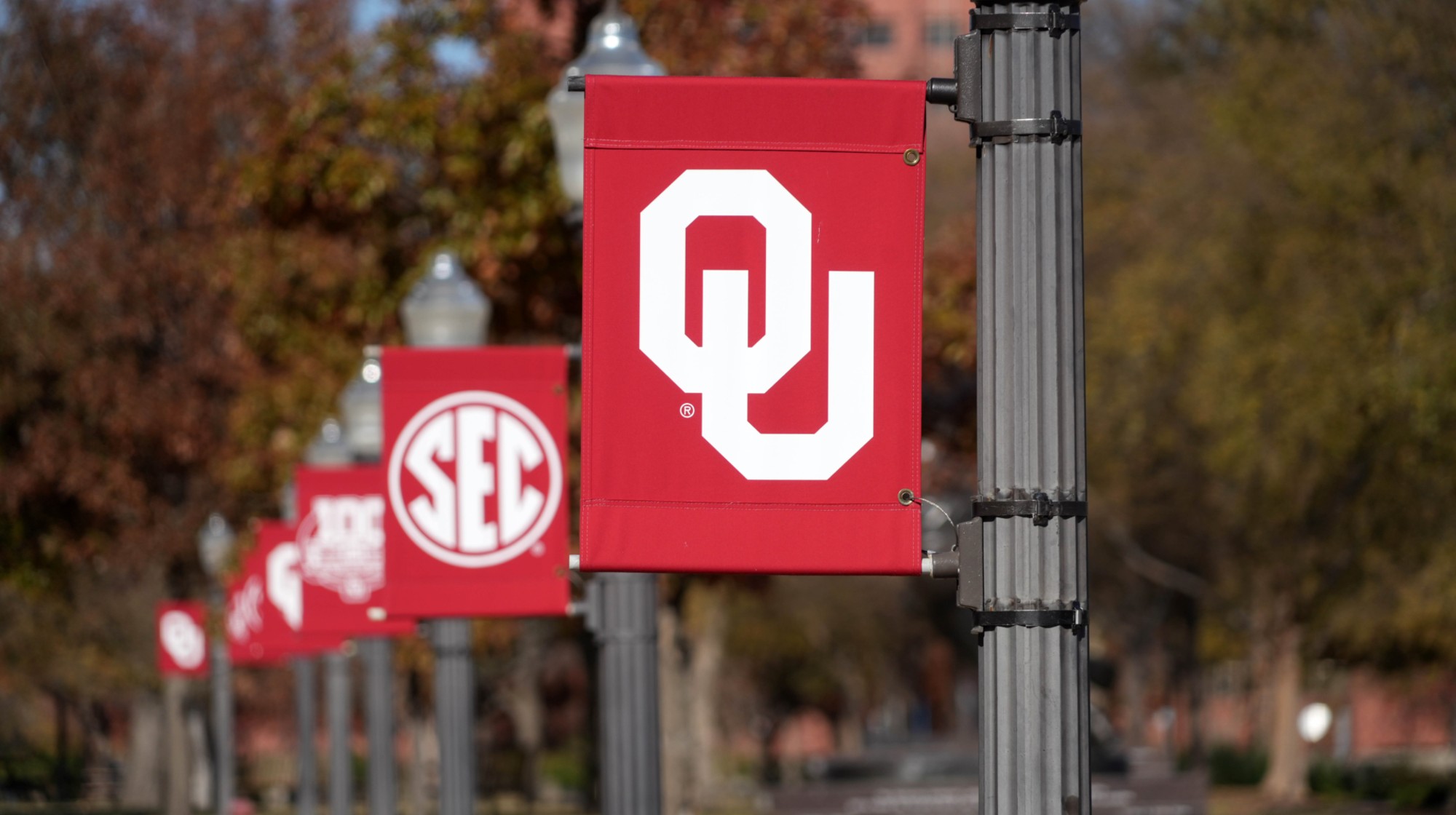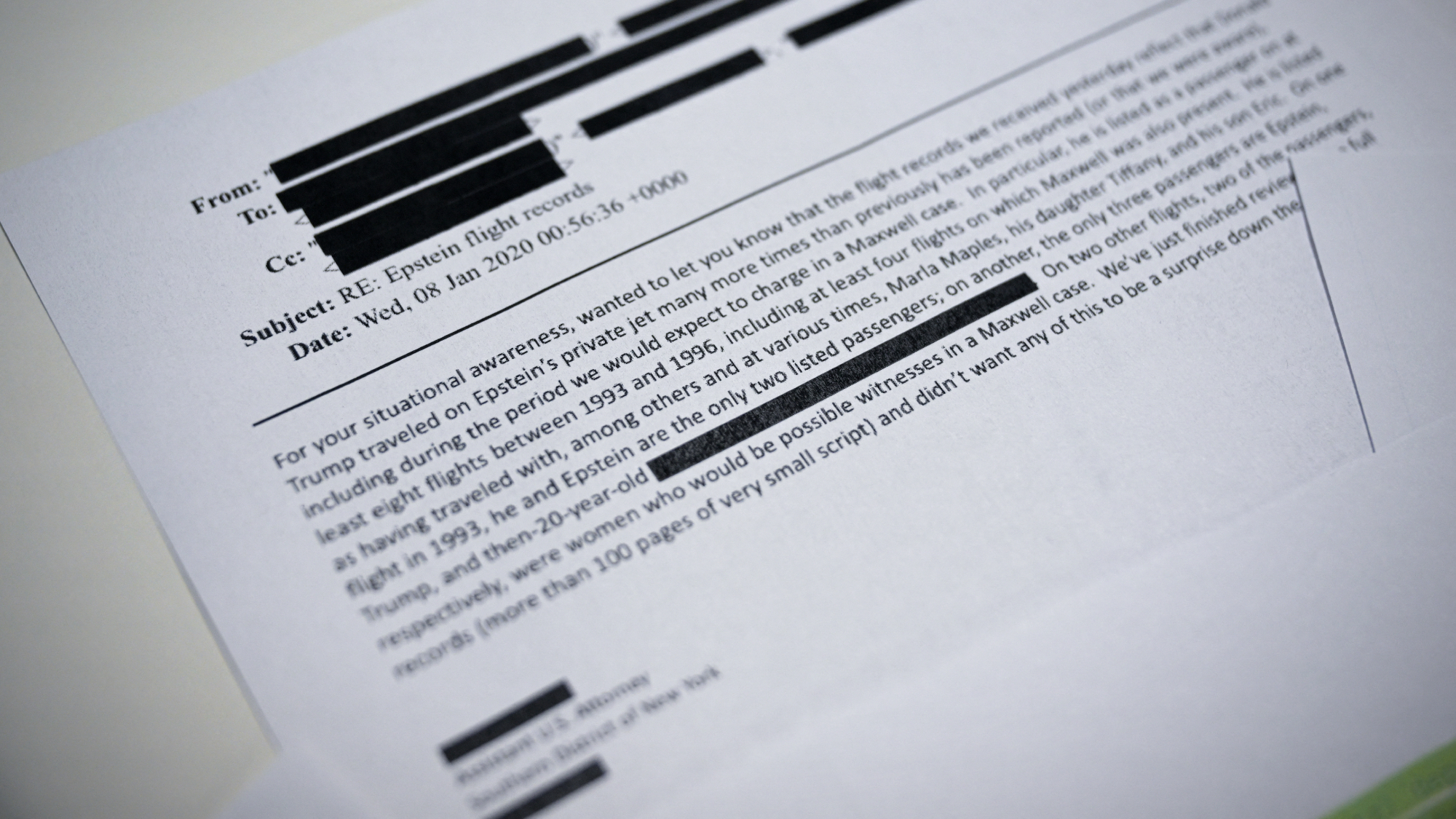Trump's anti-immigrant enforcers want to team up with Trump's spies. Watch out.
Beware the eyes of Trump


Beware the eyes of Trump.
Immigration and Customs Enforcement is reportedly trying to join the network of federal departments that can access warrantless surveillance information gathered by the spies at the National Security Agency. U.S. Customs and Border Protection is trying much the same thing.
The prospect of these two law enforcement agencies gaining access to such intelligence should send chills down the spines of illegal immigrants — and all Americans.
The Week
Escape your echo chamber. Get the facts behind the news, plus analysis from multiple perspectives.

Sign up for The Week's Free Newsletters
From our morning news briefing to a weekly Good News Newsletter, get the best of The Week delivered directly to your inbox.
From our morning news briefing to a weekly Good News Newsletter, get the best of The Week delivered directly to your inbox.
The NSA was originally handed extra-constitutional spying tools to keep an eye on foreign threats — not assist in routine law enforcement by domestic agencies. But it hasn't worked out that way. For many years, this spy agency has been sharing all kinds of information with law enforcement. It claimed that it was taking care to scrub out sensitive and private details about innocent Americans. However, since 9/11, it has come under pressure to abandon even such minimal restraint and share unfiltered information so that law enforcement doesn't miss crucial clues about burgeoning threats.
Instead of resisting these demands, President Barack Obama, a constitutional law professor who should have known better, threw open the NSA's entire treasure trove of secret information to 16 agencies, including the Department of Homeland Security, the FBI, and the Drug Enforcement Administration.
However, he pointedly left out immigration enforcement agencies like ICE and CBP. But in Donald Trump, the duo has a simpatico president, which is why they have renewed their quest to join the spy community.
If President Trump obliges, what information will these agencies obtain?
A free daily email with the biggest news stories of the day – and the best features from TheWeek.com
The NSA employs tools of mass surveillance that, in theory, it is supposed to use only on foreigners outside the country. But the reality is very different, if for no other reason than we live in a digital world where information flows seamlessly across borders.
Americans who correspond with any foreigner that the NSA is watching instantly become fair game. Their information is secured on servers abroad that the agency routinely taps. Emails, text messages, and vast amounts of internet data are vacuumed in. The NSA has targeted entire Yahoo and Google data centers abroad, all of which contain communication by Americans. It also intercepts and archives every cell phone call to and from the Bahamas and other Caribbean countries. It gathers millions of text messages in global information sweeps. This is not just metadata, but actual content. The NSA listens in on and records phone conversations, reads and downloads text messages, hacks into emails and copies exchanges. (In one instance, NSA agents were amusing themselves by listening to recorded conversations of Americans engaged in phone sex.)
Nor does this information just sit there in untouched archives. The NSA has powerful search engines to rifle through its databases to dig up information about any American for any reason without ever obtaining a court order, basically eviscerating the Fourth Amendment's protections against illegal searches and seizures. Some agents have even used these tools to spy on their exes.
The NSA gets the legal authority for such activity from Section 702 of the recently reauthorized FISA (Foreign Intelligence Surveillance Act) that has nominal congressional oversight but no judicial check —and the notorious Reagan-era Executive Order 12333 that has neither. In other words, the order uses executive authority to give an executive agency unchecked spying powers.
Handing ICE and CBP, which have vast powers to track the physical movements of people in America, unfiltered access to this massive surveillance would be problematic under any circumstances. But it is especially so when these agencies are expanding their own internal spying capacities in the name of interior enforcement.
Last month, ICE signed up with Vigilant Solutions to access license plate databases that the company has created by taking pictures of unsuspecting vehicles on toll roads, parking lots, and other public places. This will give ICE the means to do near real-time tracking of targets suspecting of breaking immigration laws, especially since the Supreme Court has not outlawed remote warrantless GPS surveillance that doesn't require it to plant physical device on vehicles.
Meanwhile, CBP is in the process of creating facial recognition technology that will essentially turn people's faces into their papers. This will mean enhanced tracking of foreigners and citizens any time they go in and out of the country. But border patrol also has near carte blanche to set up interior checkpoints and stop buses and vehicles within 100 miles of the border. This is a huge swathe of land: Two-thirds of Americans live there. So every time anyone — American or not — passes through these checkpoints, their movements will be potentially scanned and recorded.
If ICE and CBP gain access to the NSA's surveillance and combine it with their own spying capacities, they will literally obtain Big Brother-style powers to track and monitor almost anyone on U.S. soil. And they will be able to use this information to detain, arrest, and go after people in other ways. This should be terrifying to all of us.
Shikha Dalmia is a visiting fellow at the Mercatus Center at George Mason University studying the rise of populist authoritarianism. She is a Bloomberg View contributor and a columnist at the Washington Examiner, and she also writes regularly for The New York Times, USA Today, The Wall Street Journal, and numerous other publications. She considers herself to be a progressive libertarian and an agnostic with Buddhist longings and a Sufi soul.
-
 Bari Weiss’ ‘60 Minutes’ scandal is about more than one report
Bari Weiss’ ‘60 Minutes’ scandal is about more than one reportIN THE SPOTLIGHT By blocking an approved segment on a controversial prison holding US deportees in El Salvador, the editor-in-chief of CBS News has become the main story
-
 Has Zohran Mamdani shown the Democrats how to win again?
Has Zohran Mamdani shown the Democrats how to win again?Today’s Big Question New York City mayoral election touted as victory for left-wing populists but moderate centrist wins elsewhere present more complex path for Democratic Party
-
 Millions turn out for anti-Trump ‘No Kings’ rallies
Millions turn out for anti-Trump ‘No Kings’ ralliesSpeed Read An estimated 7 million people participated, 2 million more than at the first ‘No Kings’ protest in June
-
 Ghislaine Maxwell: angling for a Trump pardon
Ghislaine Maxwell: angling for a Trump pardonTalking Point Convicted sex trafficker's testimony could shed new light on president's links to Jeffrey Epstein
-
 The last words and final moments of 40 presidents
The last words and final moments of 40 presidentsThe Explainer Some are eloquent quotes worthy of the holders of the highest office in the nation, and others... aren't
-
 The JFK files: the truth at last?
The JFK files: the truth at last?In The Spotlight More than 64,000 previously classified documents relating the 1963 assassination of John F. Kennedy have been released by the Trump administration
-
 'Seriously, not literally': how should the world take Donald Trump?
'Seriously, not literally': how should the world take Donald Trump?Today's big question White House rhetoric and reality look likely to become increasingly blurred
-
 Will Trump's 'madman' strategy pay off?
Will Trump's 'madman' strategy pay off?Today's Big Question Incoming US president likes to seem unpredictable but, this time round, world leaders could be wise to his playbook



